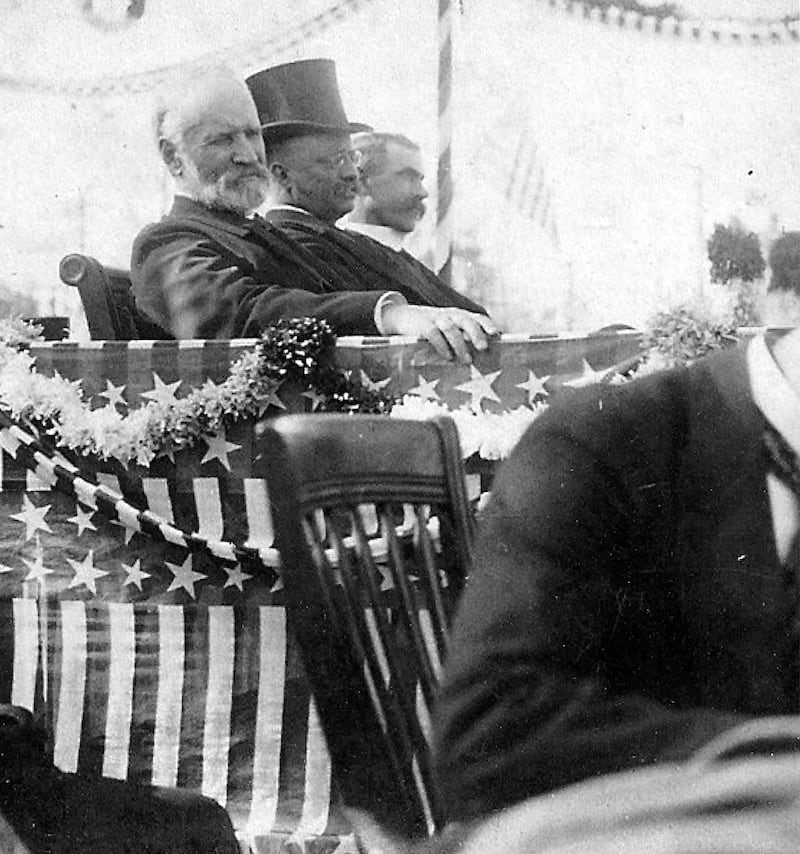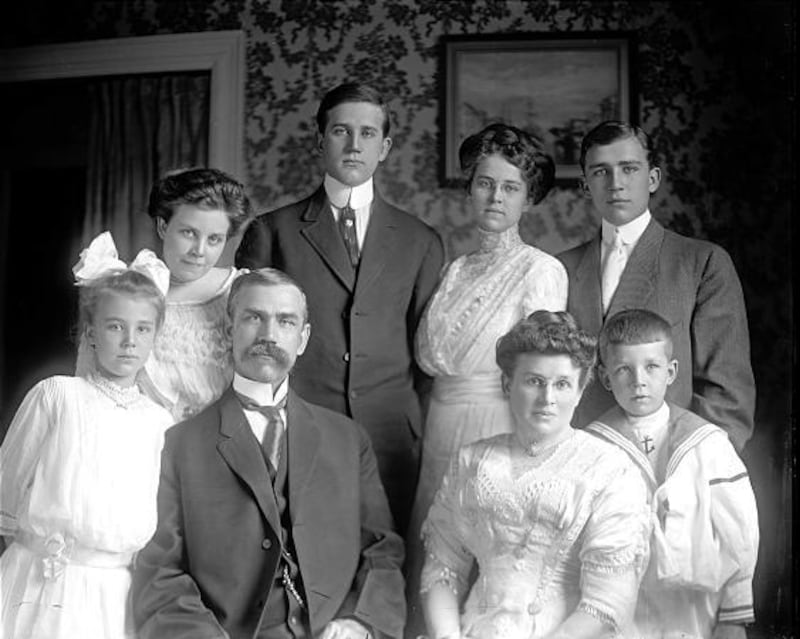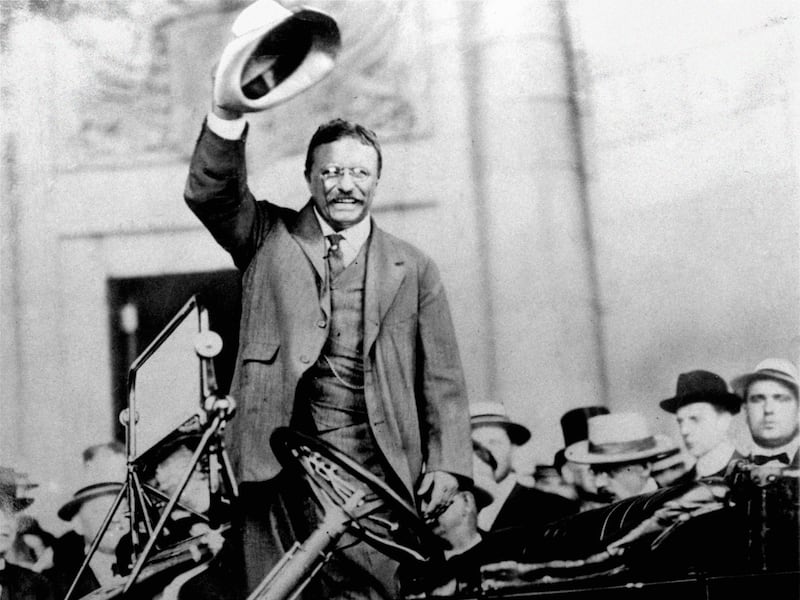This article was first published in the ChurchBeat newsletter. Sign up to receive the newsletter in your inbox each Wednesday night.
President Theodore “Teddy” Roosevelt once changed the perception of the wife of a senator in Washington, D.C., and with it the view of her husband and The Church of Jesus Christ of Latter-day Saints.
In 1900, the U.S. House of Representatives refused to seat Elder B.H. Roberts, who also served as a member of the Seventy, a church leadership body. That decision came amid controversy over polygamy, which the church had ended in 1890, and concerns over whether a church leader would put church over country.
The same issues arose in 1902, after Utahns elected an apostle, Elder Reed Smoot, to serve as a U.S. senator. One minister’s group said the Latter-day Saints were attempting “a political invasion of Congress.”
Four long years of hearings followed as debate raged.
Roosevelt investigated the claims against Elder Smoot and said, “I looked into the facts very thoroughly, became convinced that Sen. Smoot had told me the truth, and treated him exactly as I did all the other Senators — that is, strictly on his merits as a public servant.”
Roosevelt visited Utah in 1903 to show his support for Elder Smoot.

But through the long years of hearings and recriminations against the senator and the church, much of it was borne by Sen. Smoot’s wife, Alpha “Allie” Smoot.
“At receptions she was a proud and lonely woman,” said Jesse R. Smith, a Smoot family friend, according to a 1974 Ensign article. “At one occasion, the wives of two congressmen reached over and began fingering the material of her dress, wondering aloud if Sen. Smoot provided his other wives with such fine material.
“On Tuesday afternoons, official Washington would receive visitors. Time after time Sister Smoot would prepare for visitors and then sit there alone throughout the day.”
Roosevelt put a stop to it.
“The trustbuster himself let it be known that (the Smoots were) welcome in Washington,” wrote historian Kathleen Flake in her book, “The Politics of American Religious Identity: The Seating of Senator Reed Smoot, Mormon Apostle.” Reed Smoot, Mormon Apostle.”
In January 1907, the president and the Smoots attended a White House reception for the diplomatic corps. President Roosevelt spent a good share of the evening visiting with Sister Smoot, according to the Ensign.
When the night ended, everyone gathered for the president’s departure. As he left, he turned and said, “Good night, Mrs. Smoot.”
The author of the Ensign article wrote, “Three years of petty insults and social exile were over.” It would be a social gaffe not to follow the president’s lead.

A few days later, Sen. Smoot entered another reception and Roosevelt shook his hand in front of a group of people, and said, ‘How is Utah?’”
That also signaled that Washington society should treat the Smoots well.
The Senate soon voted for Smoot to be seated, Flake reported.
Teddy Roosevelt was a pivotal figure in repairing the perception of Latter-day Saints in the national government as “the president who first openly embraced them as a people and welcomed them into national life,” according to Michael K. Winder in the Theodore Roosevelt Association Journal.
My Recent Stories
Judge guts lawsuit that sought to stop the Heber Valley Utah Temple (July 24)
New York Times article reflects awe over Tabernacle Choir’s 5,000 weekly broadcasts since 1929 (July 22)
About the church
President Jeffrey R. Holland served as the grand marshal of the Days of ’47 Parade.
Former Relief Society General President Bonnie D. Parkin died at age 84.
The First Presidency announced the groundbreaking date for the Republic of the Congo’s first temple.
In wake of Texas floods, local Latter-day Saints search for missing people, clear debris and more.
Tracing trails and trials: Daughters of Utah Pioneers celebrate 75 years at the Pioneer Memorial Museum.
Workers often lose their professional credentials as refugees and immigrants. The church made a donation to help them recertify.
What I’m reading
This is such a good story about a boy who was lost far too soon but first showed how he cared about others. It’s worth the time.



